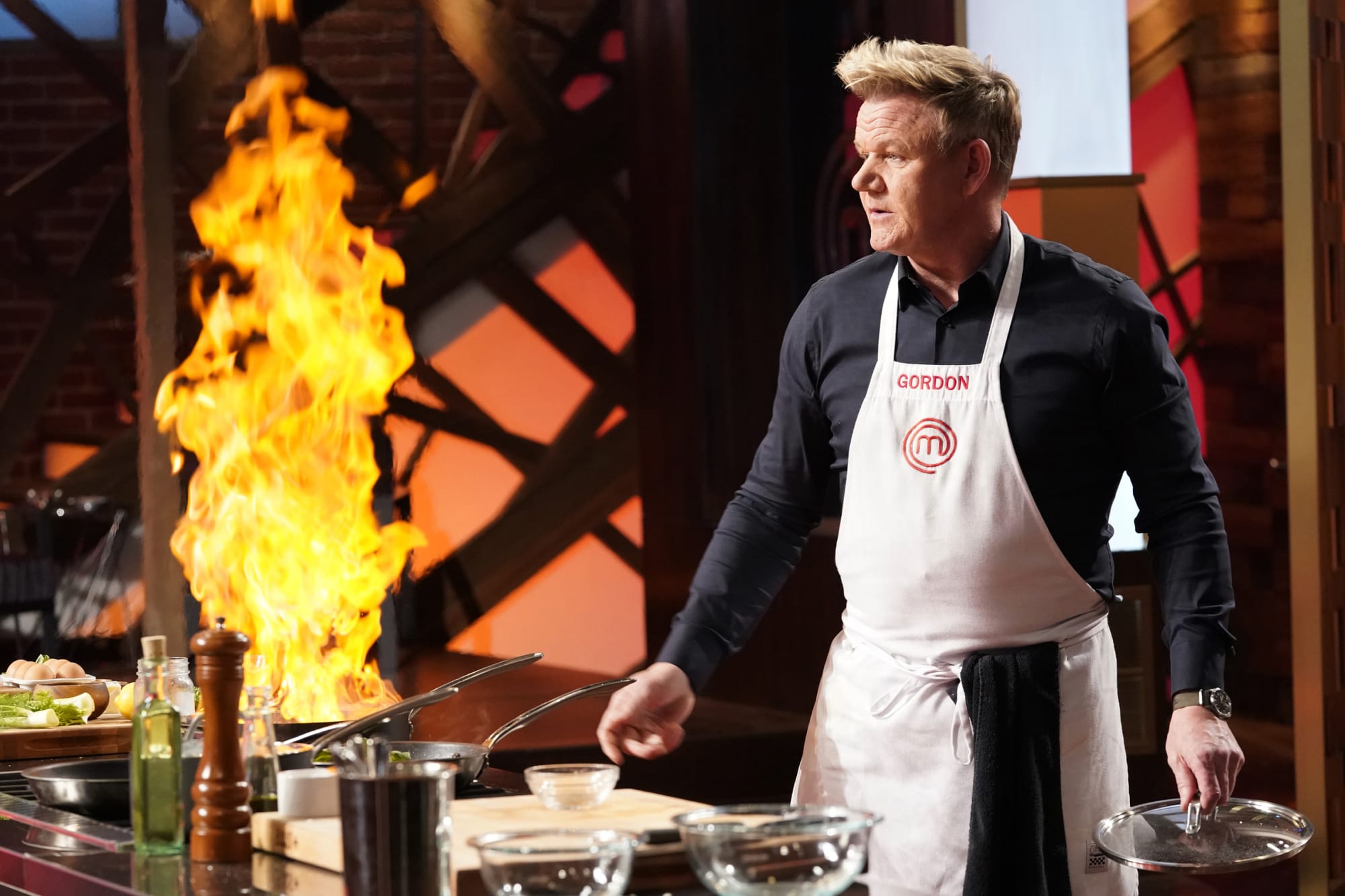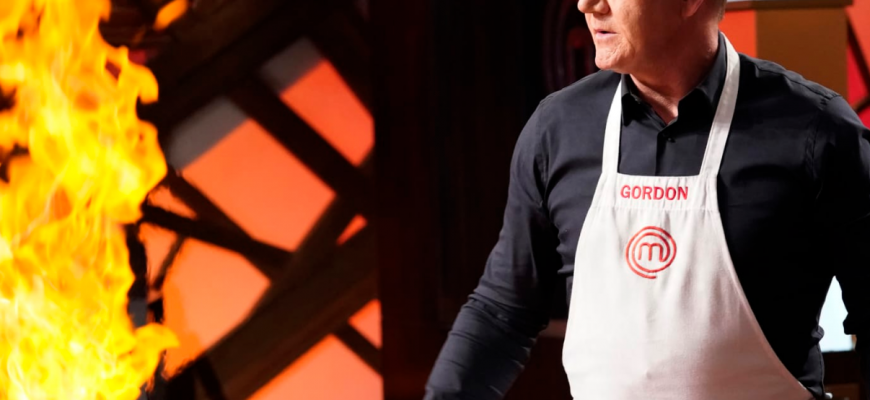When we go out to eat at a restaurant, we often focus on the food, the ambiance, and the service, but we often forget about the talented chefs who are responsible for creating the dishes that we love. In this article, we’ll take a closer look at the chefs behind some of your favorite restaurants, exploring their backgrounds, inspirations, and unique approaches to cooking.
-
Gordon Ramsay

Gordon Ramsay is a well-known chef and restaurateur, with a global reputation for his culinary skills and fiery personality. Born in Scotland in 1966, Ramsay began his career at the age of 19, working as a commis chef in London. Since then, he has worked in some of the world’s most prestigious kitchens, including the Savoy Grill and Le Gavroche.
Ramsay’s approach to cooking is centered around the use of fresh, seasonal ingredients and classic techniques. He is known for his attention to detail and his insistence on perfection, which can sometimes lead to tense moments in the kitchen. Despite his reputation for being tough on his staff, Ramsay is deeply committed to nurturing young talent and has mentored many successful chefs over the years.
Some of Ramsay’s most popular restaurants include the three-Michelin-starred Restaurant Gordon Ramsay in London, as well as Maze and Pétrus, both also located in the UK capital. He has also expanded his empire to other parts of the world, with restaurants in Dubai, Hong Kong, and Las Vegas.
-
Alice Waters

Alice Waters is a pioneer of the farm-to-table movement, advocating for the use of locally sourced, organic ingredients long before it became trendy. Born in New Jersey in 1944, Waters moved to California in the 1960s and soon became involved in the counterculture movement. In 1971, she opened Chez Panisse in Berkeley, which quickly became a mecca for foodies and a breeding ground for some of the country’s top chefs.
Waters’ cooking style is characterized by its simplicity and focus on high-quality ingredients. She is a firm believer in the power of food to bring people together and to promote social and environmental change. In addition to running her restaurant, Waters has been active in promoting sustainable agriculture and school lunch programs.
Chez Panisse has earned numerous accolades over the years, including a coveted spot on the World’s 50 Best Restaurants list. Waters has also authored several cookbooks, including “The Art of Simple Food” and “The Edible Schoolyard.”
-
Massimo Bottura

Massimo Bottura is a visionary chef who has earned worldwide acclaim for his innovative approach to Italian cuisine. Born in Modena, Italy, in 1962, Bottura trained under some of the country’s top chefs before opening his own restaurant, Osteria Francescana, in 1995.
Bottura’s cooking style is characterized by its creativity and its willingness to push the boundaries of traditional Italian cuisine. He is known for his playful approach to dishes, often deconstructing classic recipes and reimagining them in new and unexpected ways. Some of his most famous dishes include “Oops! I Dropped the Lemon Tart,” which features a deconstructed lemon tart served in pieces, and “The Crunchy Part of the Lasagna,” which highlights the often-overlooked crispy edges of the popular Italian dish.
Osteria Francescana has been ranked among the world’s best restaurants for several years, earning three Michelin stars and the top spot on the World’s 50 Best Restaurants list in 2016. In addition to running his restaurant, Bottura is also active in promoting social change through his non-profit.
Chefs are not only the main cooks, but also the inspiration behind the dishes served in their restaurants. They are responsible for creating menus, developing recipes, and ensuring that every dish that leaves their kitchen meets the high standards they set. In addition, they often play a critical role in training and managing their kitchen staff, ensuring that each member of their team is able to produce dishes that meet their exacting standards.

One of the key ways in which chefs influence their restaurant’s kitchen is through their cooking style. Each chef has their own unique approach to cooking, and this often reflects their personal tastes, experiences, and cultural background. For example, a chef who grew up in Italy might specialize in preparing traditional Italian dishes, while a chef who trained in France might focus on French cuisine. This individualized approach to cooking can create a distinct culinary identity for a restaurant and set it apart from its competitors.
Chefs also have a significant impact on the sourcing of ingredients and the overall quality of the food served in their restaurants. Many top chefs are committed to using fresh, locally sourced, and seasonal ingredients in their dishes. This not only helps to support local farmers and producers but also ensures that the ingredients used are of the highest quality. In addition, chefs are often involved in the selection of suppliers and the negotiation of contracts, which can have a significant impact on the cost and quality of the ingredients they use.
Another important way in which chefs influence their restaurants is through their leadership and management skills. A great chef is not only a talented cook but also an effective leader who can motivate and manage a team of cooks and other kitchen staff. This involves creating a positive work environment, establishing clear expectations and goals, and providing ongoing training and support. A well-managed kitchen is essential to the success of any restaurant, and the chef plays a key role in ensuring that everything runs smoothly.
In conclusion, chefs are the driving force behind many of the world’s best restaurants. They bring their unique skills, experiences, and personal tastes to their kitchens and inspire their staff to create exceptional dishes that delight their customers. By taking a closer look at the chefs behind your favorite restaurants, you can gain a deeper appreciation for the artistry and dedication that goes into creating the meals you love.



